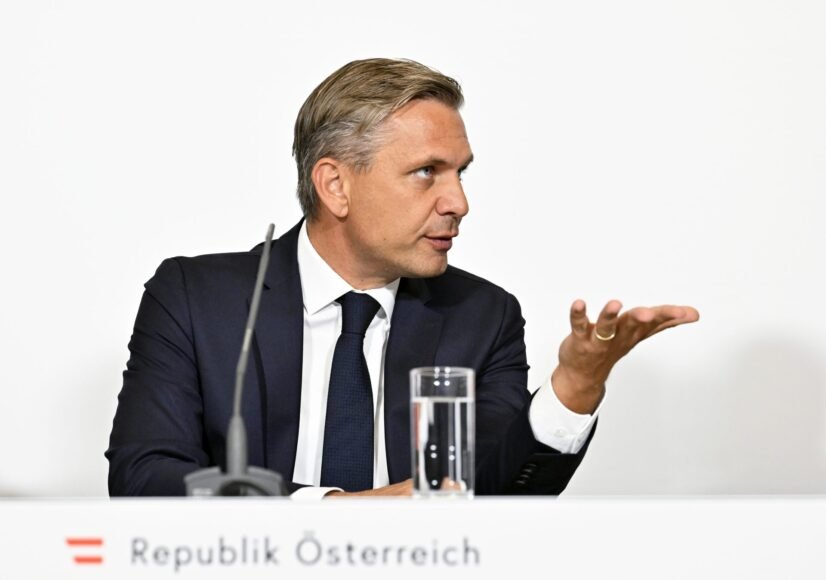
Oliver Ropke, president of the European Economic and Social Committee (EESC), has expressed concerns about the severe impacts on society if housing challenges and the escalating cost of living are not effectively tackled. In an interview with the European Newsroom (enr) marking the conclusion of his term, Ropke stated, “The cost of living crisis poses a significant threat to trust in democracy and in Europe’s capability to respond.” He emphasized the urgency of addressing these issues to prevent further erosion of fundamental rights and the rule of law.
According to Eurostat data released in July, housing prices in the EU have surged by 57.9% and rents by 27.8% since 2010, while wages have not kept pace with these increases. The rise in construction costs and a slowdown in building activities have led to a reduced supply of housing. Additionally, more properties are being repurposed for short-term rentals or acquired as investments, contributing to higher prices, especially in urban areas.
Ropke acknowledged the complexity of the situation, stating, “We know there is no one-size-fits-all solution.” As his 2.5-year presidency of the EESC concludes this month, he expressed hope that the European Commission will develop concrete proposals, a framework, and an action plan for member states.
While the EESC serves as an advisory body without legislative authority, it has consistently advocated for greater attention to housing policy at the EU level. The EU lacks direct control over housing matters, meaning that decisions regarding housing prices, building regulations, and policies are made by individual member states.
Nevertheless, the EU can shape member states’ approaches, with an Affordable Housing Plan expected to be announced in early 2026. EU Commissioner for housing Dan Jørgensen recently stated, “This plan will detail what the EU can do and how we can collaborate for affordable, sustainable, and decent housing for everyone,” while encouraging public participation in a consultation on the plan via an online survey.
Ropke highlighted the necessity of resolving financing issues related to housing, admitting it would incur significant costs, but stressing that the costs of inaction would be “even higher.” (22/9/25)













Leave a Reply